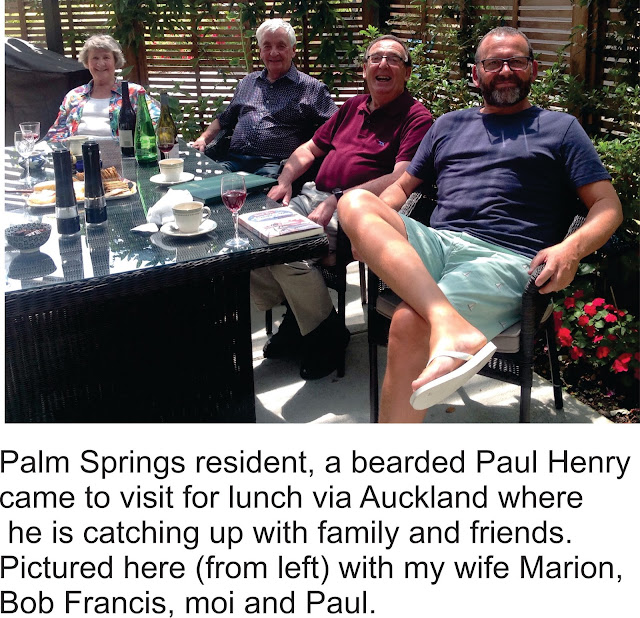The new government’s desire to reduce plastic packaging is compelling, but we should be careful not to throw out the baby with the bathwater. Despite the devastating effect on the environment (which I fully acknowledge) plastic packaging has revolutionised our lives and we might not enjoy stepping back into the alternative lifestyle
Back in the 1950s my father and I used to start work at 6 am in our butchers shop. It’s not that we were light sleepers, but from 6 to 8 we were very busy serving mostly male members of the community who would come in at that time to purchase the families meat requirements.
There was method in their madness. Sans plastic bags, meat was wrapped in brown paper with the odd square of greaseproof paper (very expensive) in between some of the cuts. Inevitably these parcels bled. Not ideal for wives to carry home with other purchases that could include items of clothing. Groceries and other items in brown paper bags weren’t immune from absorption from the blood-weeping meat parcels and so it was important that meat was purchased separately.
With the introduction of the incredibly cheap plastic carry-bags all manner of food and other items could be bought together without any risk of contamination.
The man of the house could now sleep in.
Our whole attitude to waste in those halcyon times was different. We almost always had incinerators in our back yards to burn off our paper and cardboard rubbish, compost bins got rid of the food waste and we had a relatively small metal “dustbin” for the litter that wouldn’t burn and I guess the dust (hence the name) from our vacuum cleaners.
Down at the rubbish dump (we didn’t call them landfills back then) the discarded rubbish was mostly metallic. We didn’t have to recycle bottles; we sold them back to the retailer who had sold them to us in the first place. At the Masterton “tip” the green waste and other combustibles were turned into compost by the two genial Blake brothers. Their product was put into a paper sack and sold at a shop attached to the municipal building where you also paid your gas bill. The shop also displayed modern gas appliances alongside the bags of garden compost.
It all made too much sense to last of course. The gasworks closed, the Blake brothers retired and increasing plastic waste made composting impossible for any successors.
The pace of life crept up as shops opened seven days a week and people had less time to tend their gardens so disposal units were installed in our kitchen sinks to get rid of our food waste and incinerators were banned.
On the credit side of the ledger however was evolving plastic packaging that meant shops could introduce the self-serve style of merchandising, reducing staff and lowering costs. Supermarkets replaced grocers, greengrocers, butchers and even milkmen and these huge retail caverns gave us food choices previously undreamed of at competitive prices.
Do we want to go back to the future?
I don’t think so.













